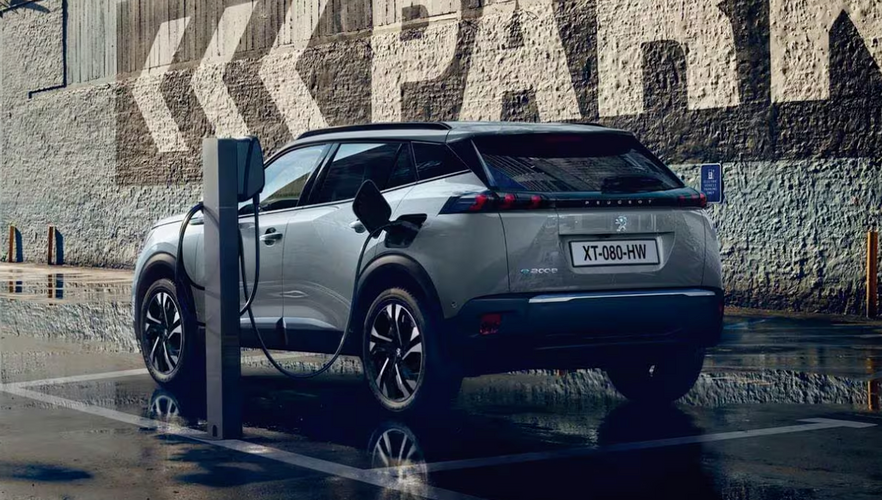What does the future of charging technology look like?
Following recent developments around the zero-emission vehicle (ZEV) mandate, there is increasingly more focus on electric vehicles, as 80% of new cars sold in the UK and 70% of new vans will be zero emission by 2030 (reaching 100% by 2035). Additionally, the UK government is aiming to install 300,000 public EV chargers by 2030. With EV charging technology constantly developing, the question is: what does the future of charging technology look like?
The future of EV batteries
Inevitably, the future of charging technology will be affected by new developments in EV batteries. For more information on EV batteries, see our blog here. It’s expected that in the future, EV batteries will be up to 50% lighter. Additionally, a lot of focus is on solid-state cells that have a solid electrolyte instead of liquid. It’s predicted that solid-state cells will result in increased energy storage, more efficient consumption, and charge even quicker, which of course has an effect on charging technologies.
Faster public charging
With range anxiety often a source of concern when it comes to switching to EV, drivers must factor in up to an hour charging time when it comes to planning long journeys. Future EV charging technology will offer drivers a full charge in a few minutes using high-powered charging stations. This will make a stop to charge your car very similar to a stop to fill up for fuel in terms of time, and for a fraction of the price!
Wireless charging
Recent advances in wireless charging offers drivers an even more convenient charging experience. It involves simply driving onto a charging pad and means no more charging cables will be needed. Whilst this technology is being developed, it will be even more changes to vehicle design and charging infrastructure around the UK, so it could be some time before we see this being implemented on a wider scale. There is also some talk around wireless at home charging, which could make EV charging even more accessible.
Renewable energy charging stations
One concern around EV charging is the reliance on the energy grid, and as such, there has been greater call for sustainable charging solutions. Increasingly, solar power is being explored to operate charging stations, and there is evidence that wind turbines can also be used. So, by using renewable energy in future charging technology, your switch to electric becomes even more sustainable.
Smart charging
Arguably the future of charging technology involves creating links between the vehicle, the charger, and the energy grid. Smart charging involves cloud-based technology that enables drivers to monitor their own energy consumption and make changes accordingly and choose the optimal time to charge their vehicle based on price, availability, and driver needs. It also allows energy providers to more precisely manage changing demands for charging. Essentially, smart charging gives control back to EV drivers to make decisions around their charging in a way that works for them.
Tags: *electric_cars *electric_chargers *ev *electric_vehicles *charging_technology *hybrid


